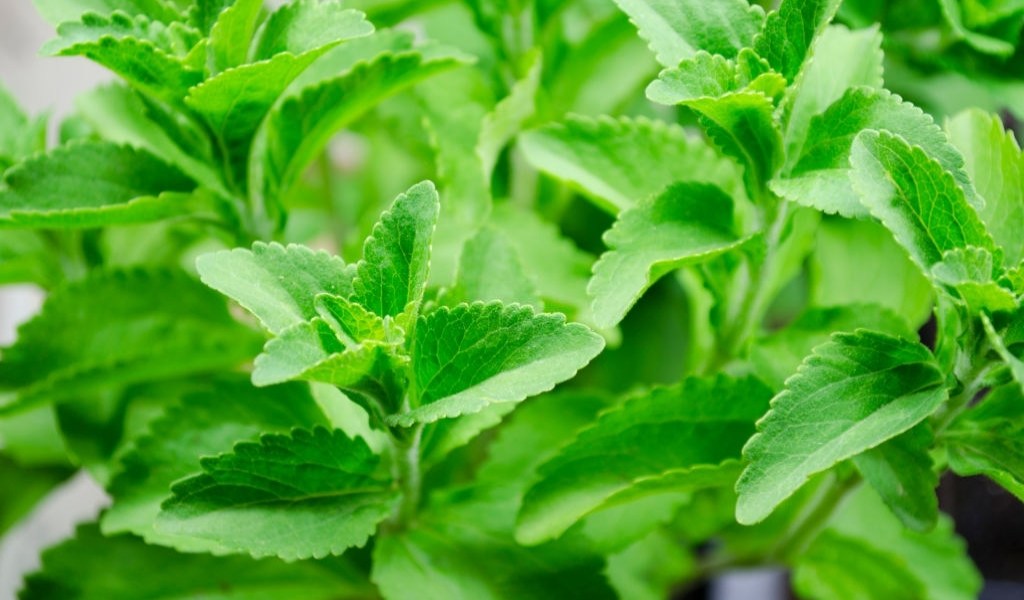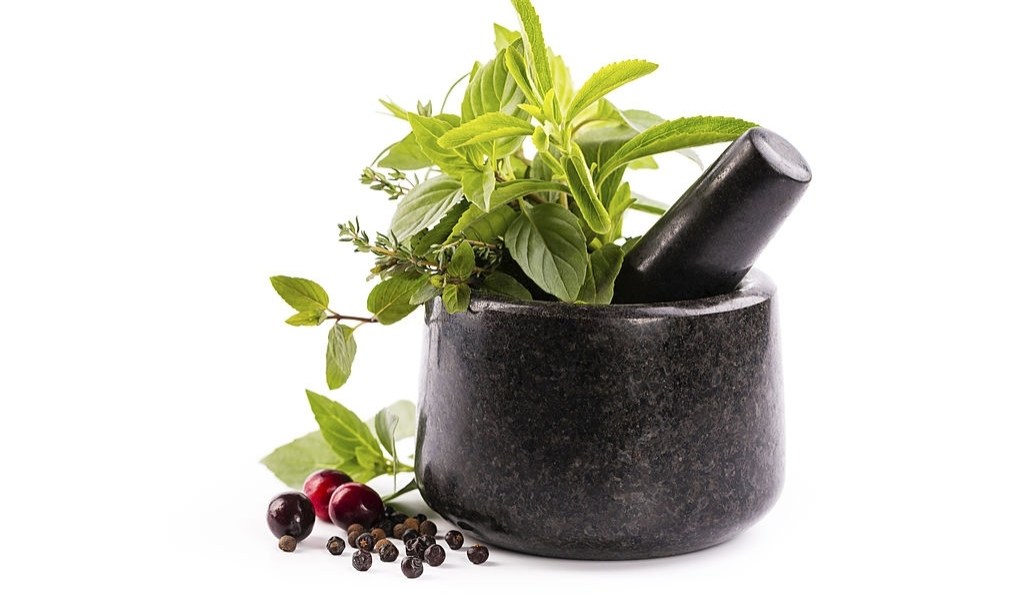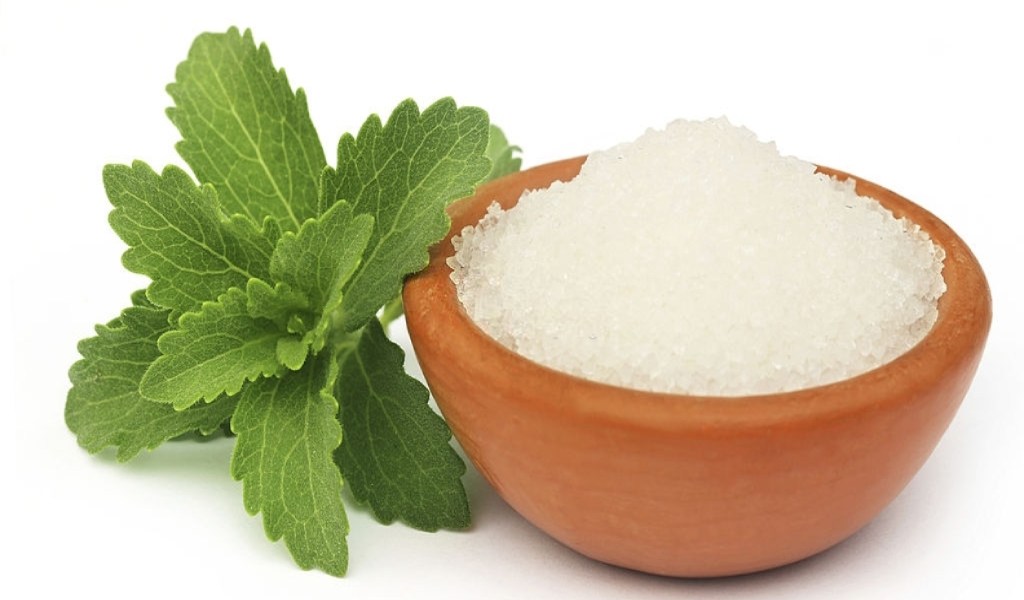
What is stevia?
Stevia is a bushy shrub that belongs to the Stevia rebaudiana Bertoni. It comes in 150 different species, all of which are native to North and South America. The current largest exporter of stevia products is China. On the other hand, it is now grown in a variety of nations. Garden centers frequently sell the…

What are the different uses of stevia?
Stevia is much sweeter than sugar and it does not have a glycemic load like sugar. This natural sugar substitute can vary and may range from 100 to 300 times sweeter than sugar, depending on the specific steviol glycosides present in the product. It is totally natural herbs and does not contain sweeting agent. Stevia…

What are the benefits of using stevia?
Good health is the precious and crucial dimension of the good and healthy life. In present time, lifestyle is changing and dietary is also changed rapidity, many diseases are happening due to this, such as chronic and degenerative diet related diseases, cardiovascular diseases, and more. Throughout the modern generation I mean 21st century the health…

Why stevia is better than table sugar?
Stevia is a natural sweetener derived from the stevia rebaudiana plant, which was initially discovered by the native population of Paraguay years ago. But it wasn’t until the late 1800s that a Swiss botanist working in South America documented and brought back the so-called “sweet leaf.” Stevia comes in a variety of forms. White extract…

Fertilizers for Stevia plant
Fertilizers are a very crucial part to grow any plant. Therefore, while planting stevia we have to use fertilizers in the right amount. Stevia necessitates a moderate amount of nutrition. As a result, nutrition control is the most critical agronomic approach for increasing stevia leaf output and quality. To maintain soil fertility, organic manures and…
How to protect stevia from diseases and pests?
Wild stevia doesn’t need much protection as steviol glycoside has a substantial pest repellent effect but what about current high producing stevia breeds. Do they need protection from insects or infection? If yes, then how to protect stevia from diseases or pests? Some of the current high producing Stevia breeds require crop protection to some…
Does stevia break a fast?
Intermittent fasting has become one of the most popular diets in recent years. Intermittent fasting comes in a variety of forms, each with its own set of rules and norms. These distinctions can make the practice complicated for those who are just starting out. Stevia is a widely used sugar alternative for lowering sugar intake…
Which is better - Aspartame or Stevia?
For the past two decades, low-calorie sweeteners have been utilized to substitute sugar. You can consume nearly no calories while enjoying a sweet-tasting drink or snack. Artificial sweeteners can be found in a wide range of items, including juices, cereals, confectionery, chewing gum, (soft) drinks, and tabletop sweeteners (either powder or tablets). Artificial sweeteners are…
Does stevia cause weight gain?
Can stevia cause weight gain? This is an obvious question for those who want to switch to a sugar-free diet. Everyone is aware of the hazardous effects of sugar on health and how it can contribute to rapid weight gain. Mere two cups of tea with 1 tsp sugar for each cup can add 70…
Is stevia keto?
You’re probably aware that following a ketogenic diet entails avoiding sugar. However, you may be asking if natural sweeteners may be used as part of a ketogenic diet meal plan. And, given the popularity of stevia as a sugar substitute, you’re undoubtedly wondering, “Is stevia keto?” Certain natural sweeteners, such as maple syrup, agave nectar,…
